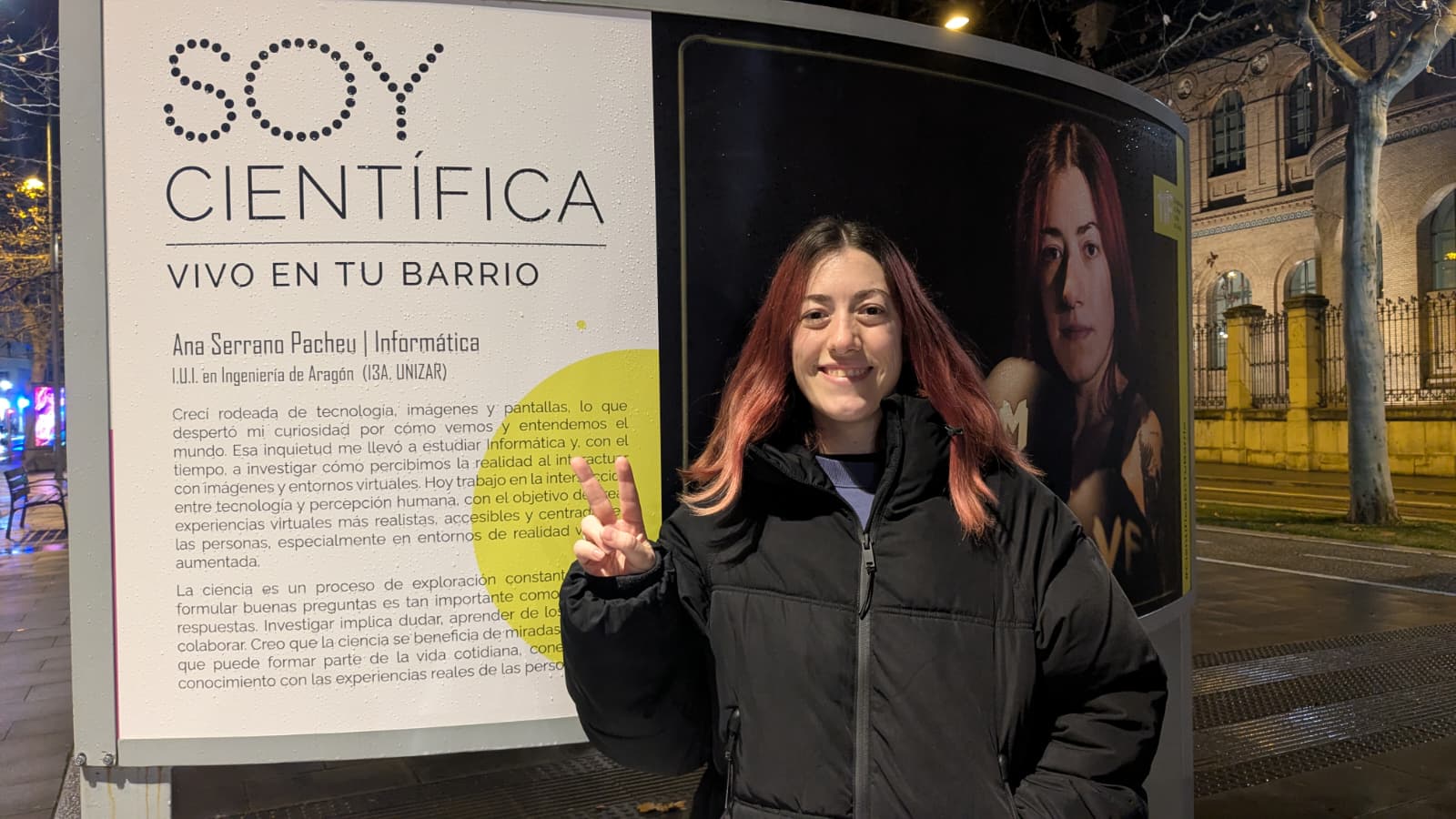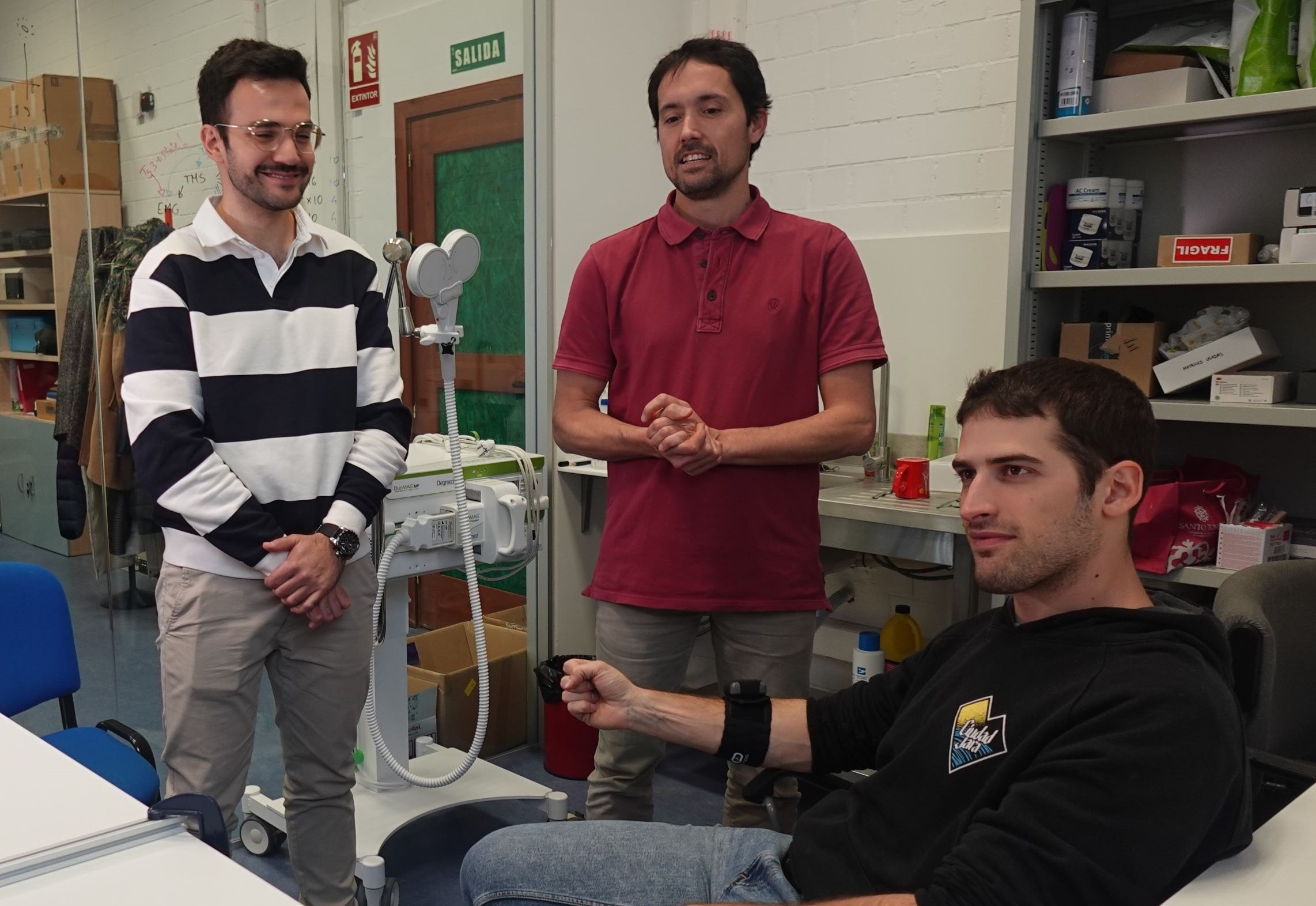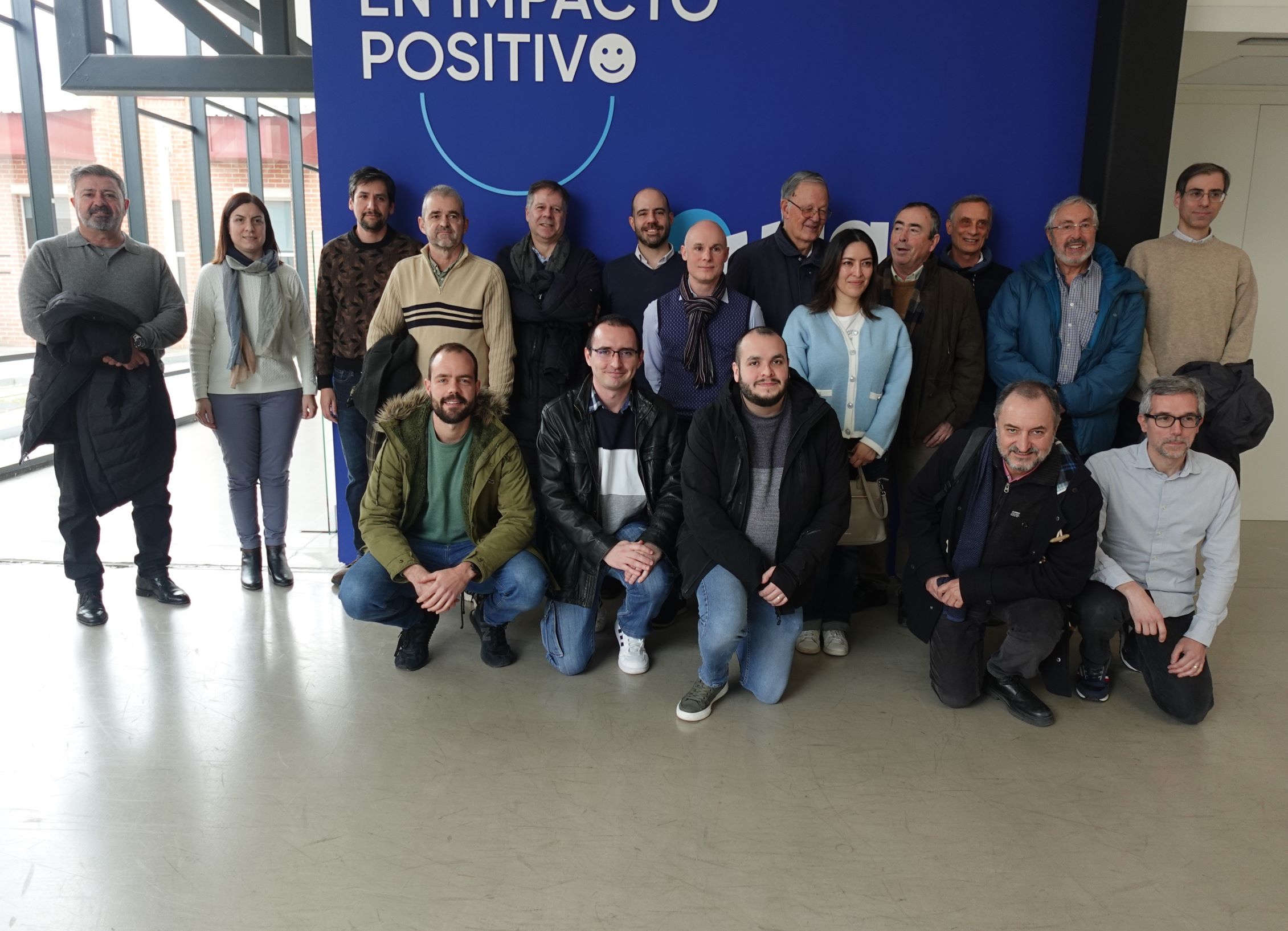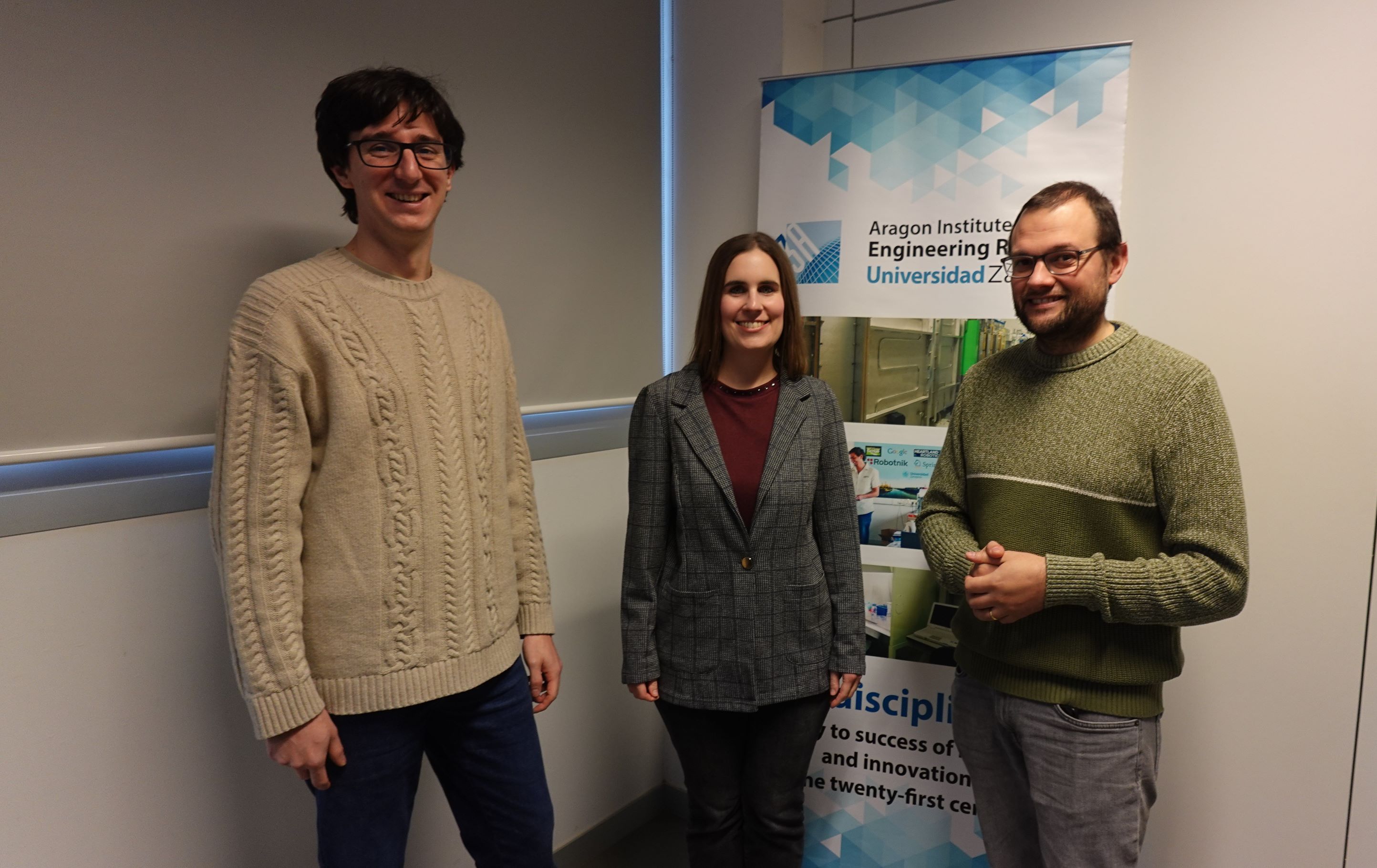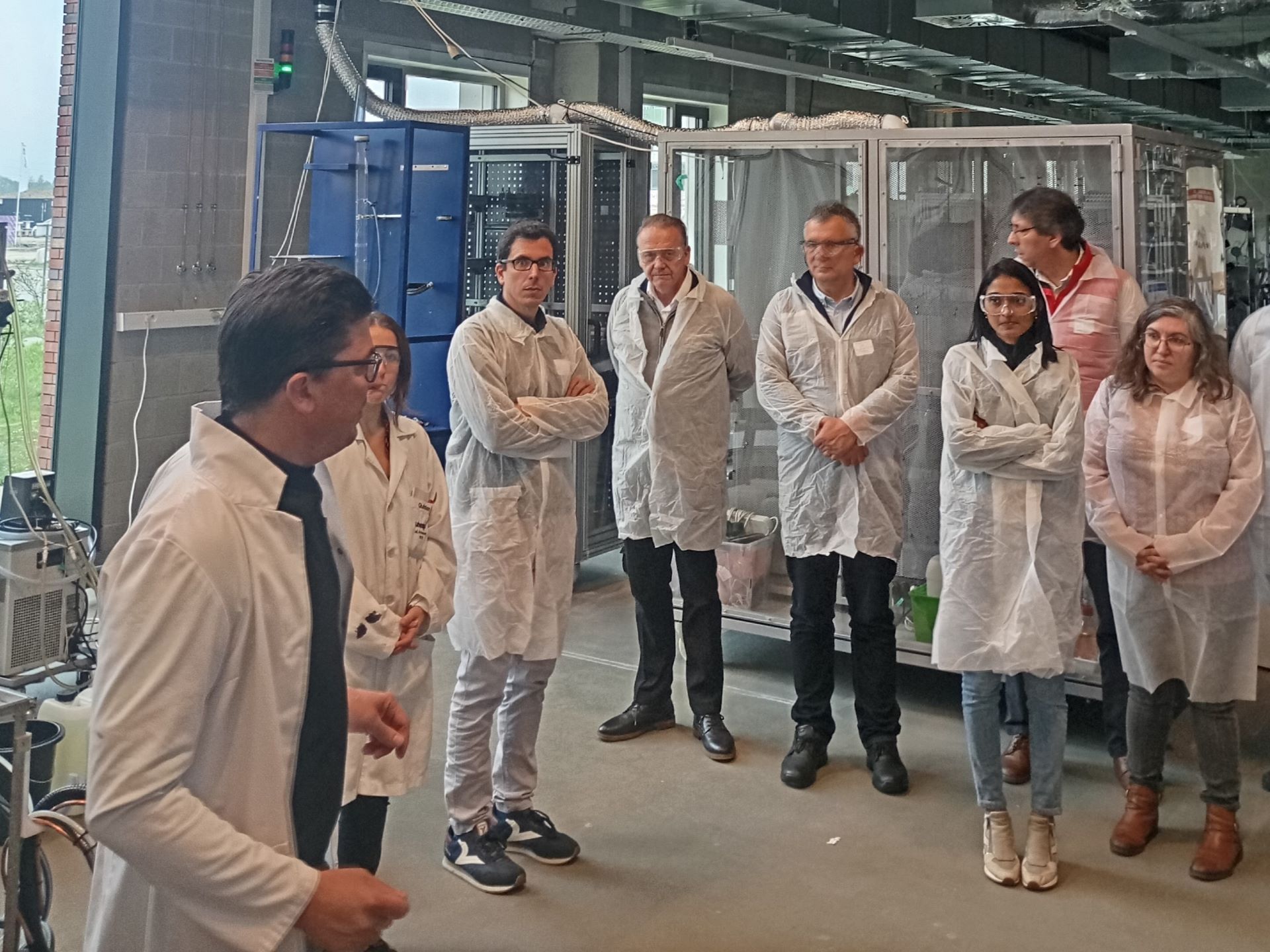
The ManuREfinery project progresses on its mandate of smart modular mobile biorefining of manure through a successful consortium meeting and a joint workshop held at CAPTURE, University of Ghent between 24th and 25th of April 2025.
Bridging experts, researchers, and stakeholders in Europe, the two-day Consortium Meeting served as a place to reflect on the progress made in the technical developments and strategies of further deployment, as well as methods to advance toward a circular zero-waste future of rural manure management.
Researchers from the Fluid Dynamics Technologies (TFD) group at I3A are participating in this project by contributing to the design and implementation of the digitalization strategy through hybrid digital twins and data science.
Project partners examined the onward developments of:
- Liquid valorisation, i.e. anaerobic digestion, nutrient recovery and grass extrusion
- Gas valorisation featuring biofiltration approaches for ammonia
- Solid valorisation, with updates on drying, gasification, and syngas conversion units
Other barriers discussed by sessions were the regulative and societal barriers, inclusion design principles, and the future pathways on local deployment. The debates demonstrated the consortium’s willingness to change manure to valuable inputs like fertilizers, feedstuffs and bioenergy in a sustainable and scalable way.
Spotlight on Innovation: CAPTURE– ManuREfinery Workshop
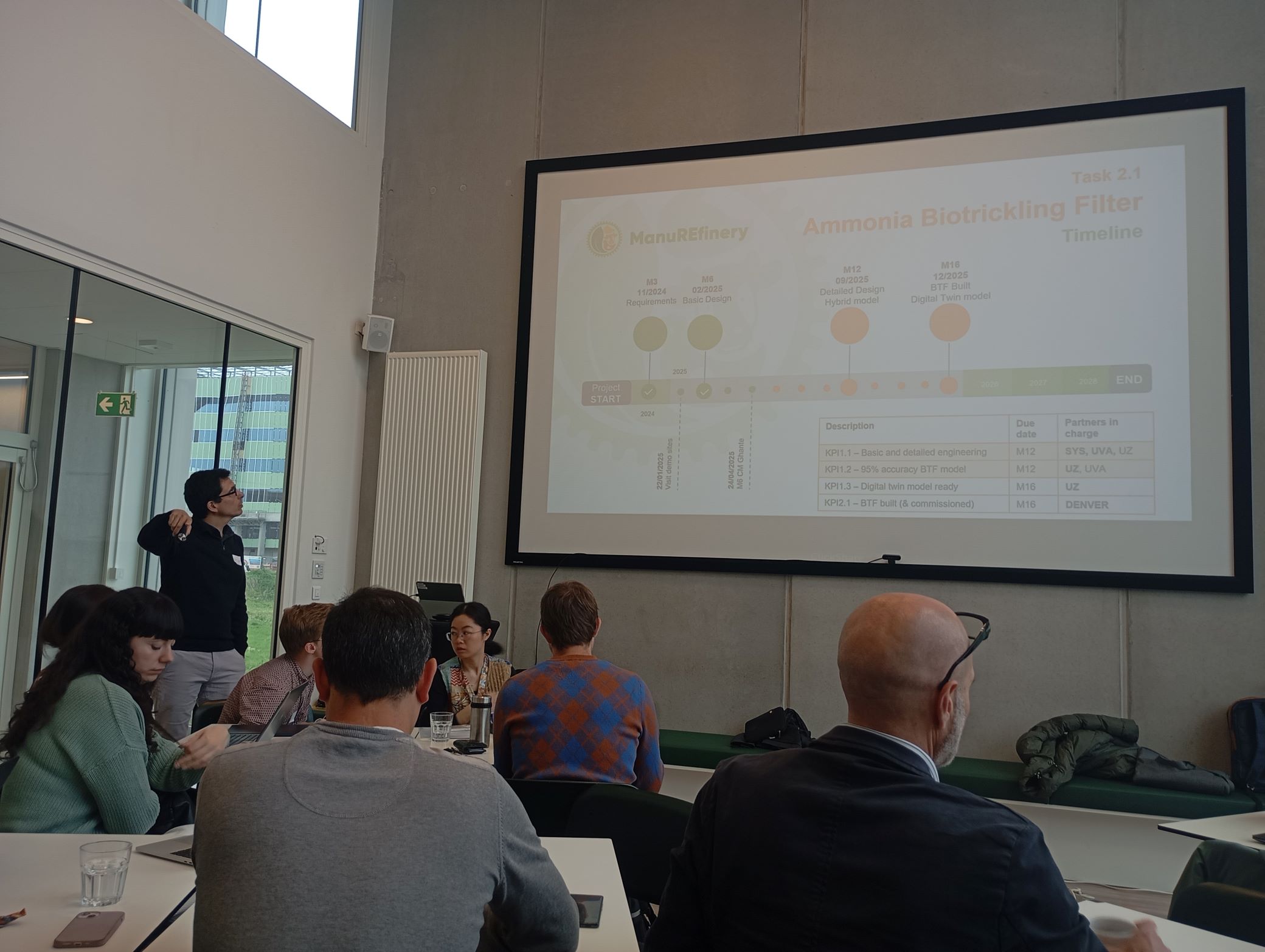 At the start of the gathering, there was a well- attended Joint Workshop on Modular Biorefining, hosted by CAPTURE on the 23th of April.
At the start of the gathering, there was a well- attended Joint Workshop on Modular Biorefining, hosted by CAPTURE on the 23th of April.
Intending to connect rural and urban resource recovery, the event included presentations on:
- On-site nitrogen recovery biogas production and valorization
- Water reuse and the wastewater treatment of the future
- Microbial protein production
- Modular architecture of the design for an effective pilot development
The workshop concluded with an animated roundtable, sustaining inter- sector communication and intensifying cooperation outside the sphere of the project per se.
From Theory to Practice: Farm Visit with On-Site Technologies
In conclusion to the meeting, Detricon organized for the participants a tour to a local animal farm practicing some of the technologies that were highlighted in the sessions.
Situated only 25 mins from Ghent, the site includes: An ammonia stripper, an anaerobic digester for generating electricity and heat, a manure separator and a hygienisation unit. This hands-on field visit provided a good view of how the modular biorefinery systems can be applied in practice thereby complementing the practical nature of ManuREfinery in rural areas. As a project built on the innovation ideology, ManuREfinery is not only creating usable tools for sustainable manure management but also building connections between disciplines, sectors, and regions.
With a budget of €9 million, the project is coordinated by ITA and works in collaboration with the Institute of Sustainable Processes at the University of Valladolid (technical coordinator), the I3A at the University of Zaragoza, Siemens Engines, Syspro Automation, Agropecuaria del Centro Agrocesa, and Fertinagro Biotech, along with international partners. In total, the consortium includes 23 partners, eight of which are Spanish.
Researchers from the TFD group at I3A are involved in the design and deployment of the digitalization strategy for the ManuREfinery project. This will enable the integration of data and knowledge, as well as the rapid transfer of technology from R&D groups to the companies that design, install, and operate the technologies—ensuring high resource-use efficiency and environmental protection.
To find more, please visit www.manurefinery.eu
